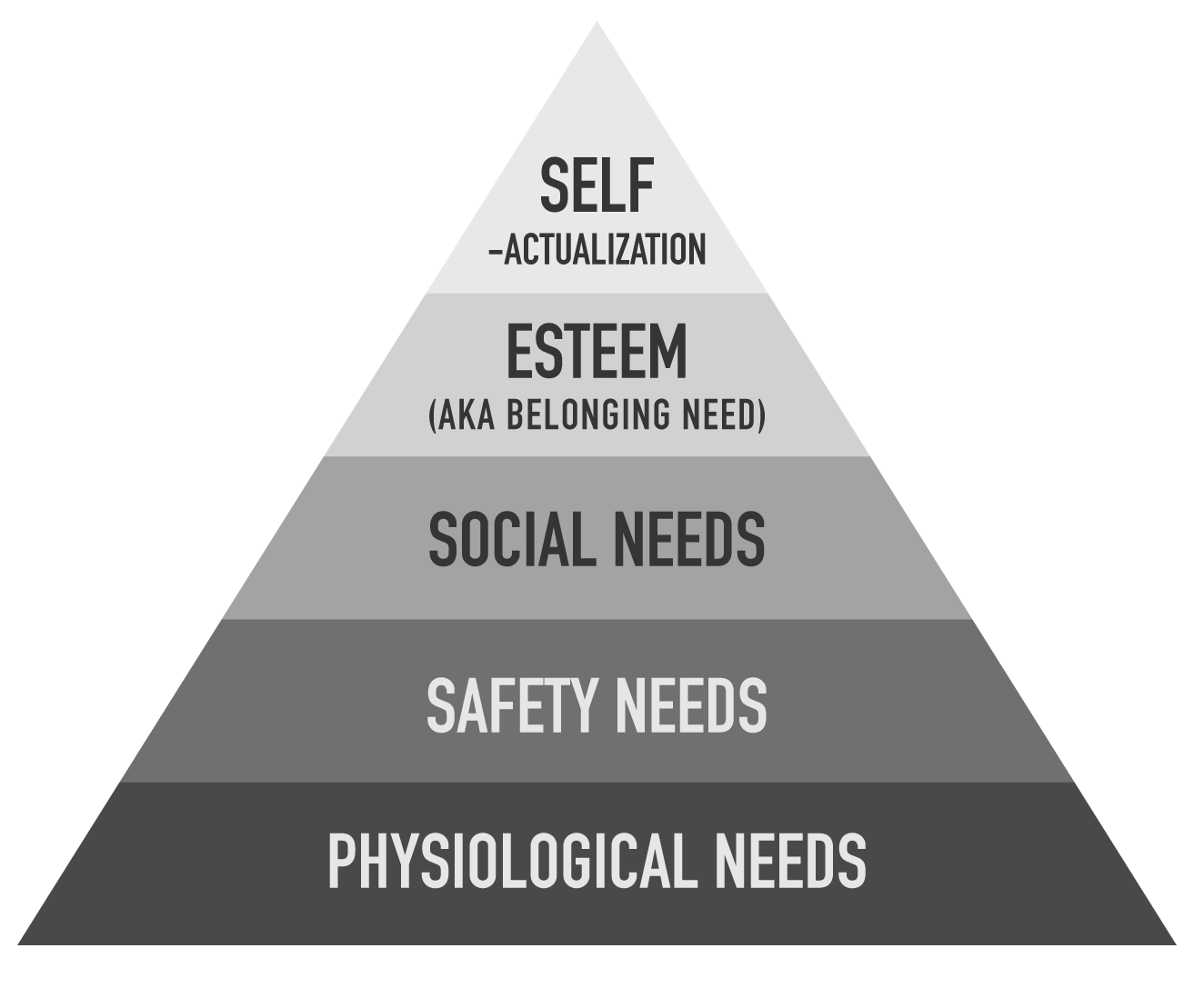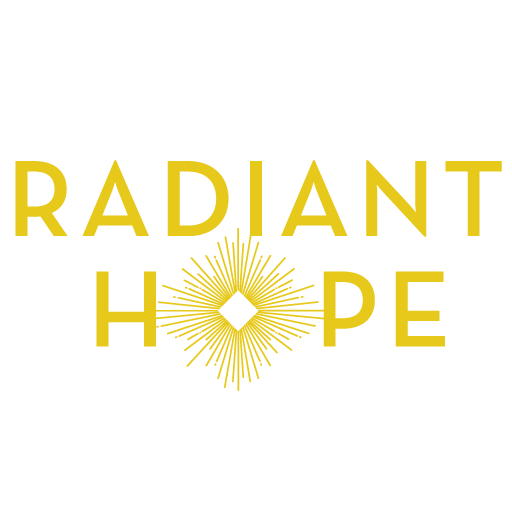Childhood trauma can be a risk factor for human trafficking.
The environment that we grow up in has a significant impact on the people we become. For children who develop in a home that is full of abuse, neglect and adverse experiences, their lives are altered in a profound way. Research shows us that trauma and chronic stress have the power to change the architecture of the brain. Essentially, our brains are malleable and can be shaped both positively and negatively as we grow. This has a direct impact on the ability to form healthy relationships, regulate emotions, control behavior, perform academically, and more. Trauma pervades every aspect of life.
According to the CDC, “Children who are abused and neglected may suffer immediate physical injuries such as cuts, bruises, or broken bones, as well as emotional and psychological problems, such as impaired socio-emotional skills or anxiety.
Child abuse and neglect and other adverse childhood experiences (ACEs) can also have a tremendous impact on broader lifelong health and wellbeing outcomes if left untreated. For example, exposure to violence in childhood increases the risks of injury, future violence victimization and perpetration, substance abuse, sexually transmitted infections, delayed brain development, reproductive health problems, involvement in sex trafficking, non-communicable diseases, lower educational attainment, and limited employment opportunities. Chronic abuse may result in toxic stress and make victims more vulnerable to problems such as post-traumatic stress disorder, conduct disorder, and learning, attention, and memory difficulties.”
Childhood trauma can be a risk factor for human trafficking.
One anti-trafficking organization in Germany reported that all of the participants they have worked with have experienced childhood sexual trauma
Other organizations report between 66-90% of women in the commercial sex industry have experienced childhood sexual abuse
70% of interviewees in a study by Silbert and Pines noted that childhood sexual abuse was an influence on their entry into prostitution

What are our needs?
Physiological Needs
includes air, food, water, sleep, etc.These are our straight-forward needs for human survival. The majority of the children we work with have these needs met, however, there are some who do not for various reasons.
Safety Needs
includes security of environment, employment, resources, health, property, etc. This can mean physical safety as well as a perceived sense of safety (emotionally/mentally). We yearn for predictability, structure and consistency. Unfortunately, the majority of the children we work with do not have this need met.
Social Needs
includes love, friendship, intimacy, family, etc. Humans need to feel a sense of belonging and acceptance. We long to be connected to others in intimate, deep ways. This can come from a large group (social groups, religious organizations, sports teams, etc) or close interpersonal relationships (family, intimate partners, mentors, colleagues, etc). Very few of the children we work with have stable, safe relationships, but are longing for it. This is one of the factors that make them so vulnerable to trafficking, exploitation or abusive relationships.
Esteem
(AKA BELONGING NEED) includes confidence, self-esteem, achievement, respect, etc. All people have a need for self-respect and to be respected by others. Accepting one’s worth and dignity, and being engaged in activities that result in receiving recognition are part of the fulfillment of this need. Only a couple of the children we work with have experienced this.
Self-Actualization
includes morality, creativity, problem solving, etc. When the other needs are satisfied, we have the ability to own our potential and dream about the possibilities for our life. In other words, this is a person who is thriving. One or two of the children we work with have the capacity to think this way and the ability to seek their full purpose.


